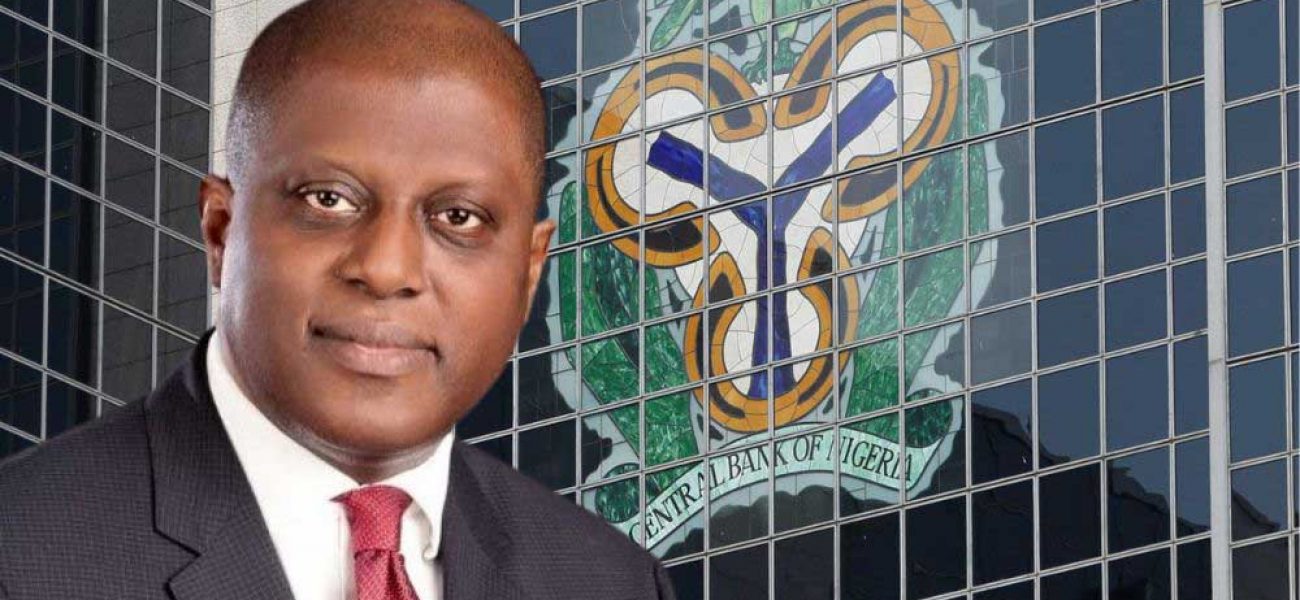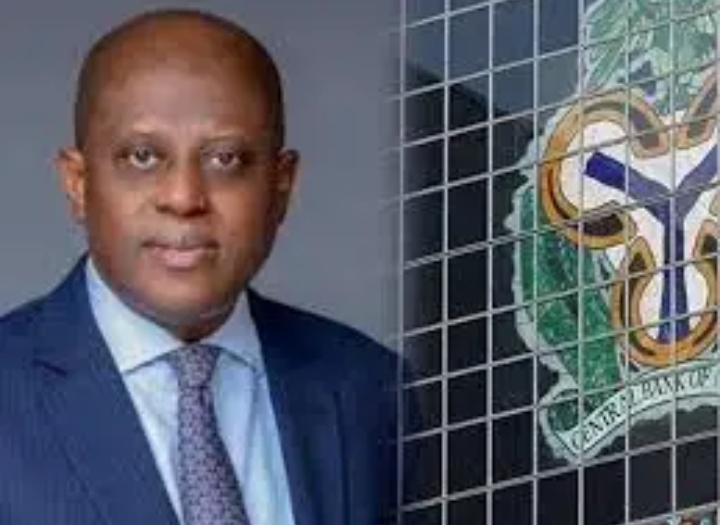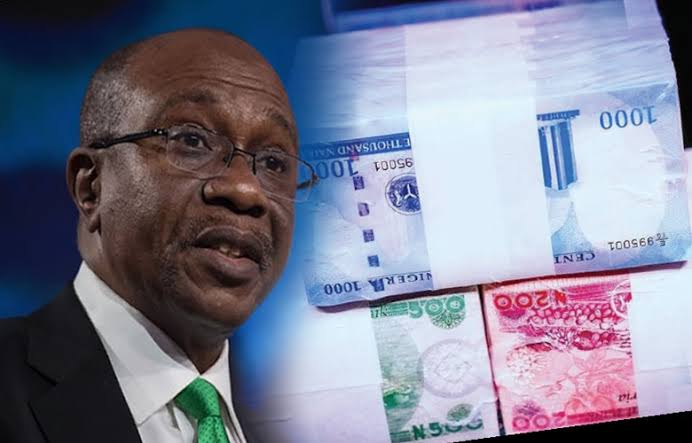The Association of Bureau De Change Operators of Nigeria (ABCON) has commended the Central Bank of Nigeria (CBN) for its recent directive to cease the use of non-oil export domiciliary accounts for Naira loans.
Its president, Dr Aminu Gwadabe, in a statement on Thursday in Lagos, said the stoppage would add to dollar liquidity in the market and also help in the accretion of the nation’s buffers.
Gwadabe expressed surprise that some companies and manufacturers with huge billions of dollar balances in their non-oil export domiciliary accounts sourced foreign exchange needs in the official window and used the same for Naira loans.
“We therefore advise for the review of the guidelines on holding currencies on non-oil export accounts to a maximum of 48 hours, to borrow from the South African policy on the operations of non-oil exports domiciliary account proceeds.
“The CBN should also not make applicants of huge billions of dollars holding on their non-export oil proceeds Dom accounts eligible for fx request at both the NAFEM and NAFEX window.
“In the same vein, we urge the CBN to upgrade its policies and circulars to legislation regarding the impending BDCs new reforms.
“This is to give comfort and guarantees to would be investors in the transformation of the BDC industry’s sub sector and allowing only the existing stakeholders the grand father’s right for merger and acquisition to meet the expected reviewed financial requirements as suggested by ABCON.
“We also want to pledge our continuing support to the CBN’s proactive and effective policies to address our volatility headwinds,” Gwadabe said.
He said that being a self-regulatory body, ABCON and its members had resolved to continually engage all stakeholders and players in the retail end market.
The engagement, he noted, was to deepen, liberalise, democratise and centralise the retail end segments of the market for price discovery, market efficiency, transparency, accretion of buffers and healthy balance of payments.
“We express our profound gratitude to the management of the CBN for its reconsideration and reinstatement of our sub sector as third leg of the market to counter hoarding and speculation with faster results than expected.
“The BDCs, though unfortunately perceived sometimes as crude but effective, will always remain the potent transmission mechanism tool of achieving the apex bank’s mandate of price stability and liquidity in the market.
“We therefore urge the CBN to continue to drive and expand its thought mechanism to maintain the feat so far achieved in more than 15 years; as we have not only achieved the convergence of both rates, but market calmness and confidence of the public and foreign investors.
“We also call for the separation of the ownership and operational structure of FMDQ,” Gwadabe added.





